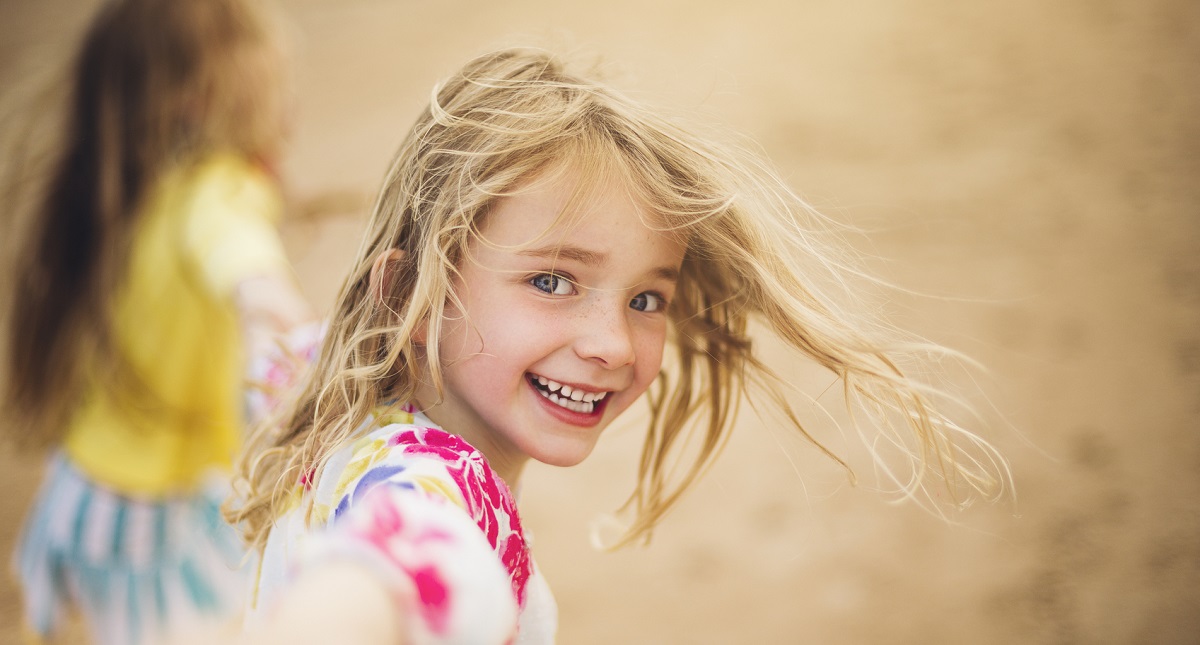Contact Us
Helping kids play well with others can be challenging at times. None of us, including our kids, are wired to share, put others first or choose kindness when things don’t go our way. Teaching healthy relationship skills to kids can be taught, however, with a little show-and-tell.
When I was a kid, I thought show-and-tell was magical. I rarely missed an opportunity to share a treasure with my class. I’ll never forget the time I brought my pet caterpillar . . . she didn’t make it past lunch but my friends thought I was really cool. Below are some ideas for helping kids make it past lunch in their relationships.
Showing
One way to teach kids to play well with others is to show them how to love people well. In other words, don’t expect your child to get along with their friends if you can’t get along with your spouse or friends.
Don’t expect your child to treat people with kindness when they don’t get their way if you can’t treat the waitress who messed up your order with kindness.
Don’t expect your child to control their anger if you can’t control the “momma bear” side of you.
Don’t expect your child to put others first if you demand teachers and coaches to put your child’s needs above the needs of the class or team as a whole.
Don’t expect your child to forgive your mistakes if you can’t forgive your parents or parent-in-laws for their mistakes.
Kids get their cues from you on how to treat people. Showing them how to live in community with others is a powerful way to model love and kindness.
Telling
Kids also need us to tell them how to do life with people. Our family is a party family. We enjoy having people over for simple evenings of backyard grilling and fun. Before our guests come to our house, we take a break from shoving clutter into closets to tell our kids the expectations and rules for the night. Our pre-party huddle usually sounds like this:
Ok girls, we have friends coming over so let’s huddle-up and review the rules:
- Everyone is included. Leverts love people, and we don’t want anyone to feel left out or unwelcome. Make sure all of the kids at the party are involved in whatever you are playing. (If there is a special toy we don’t want guests to play with, then we hide it before the party begins.)
- Guests come first. Leverts make people free special by letting them go first. Guests get to eat first at dinner and play first at games.
- Have fun but obey the house rules. Leverts are fun, but do not break house rules just because your friends are here. (Review your rules: no hitting; no going in bedrooms, etc.)
Ready? Break! Now go finish cleaning your mess before our friends get here!
Notice we don’t say, “Hey kids! We’re having a party!! So play nice.” We explain what it means to play well with others in behavioral terms: “everyone is included,” “guests go first,” “no hitting.”
Relationships are messy sometimes (even for grown-ups) but life is lived best when it is shared with others. Kids are going to make relationship mistakes, so don’t get discouraged when your child yells, “MINE!” on a play date. Take a deep breath and lean in to the show-and-tell opportunity of this moment. Teaching your kids to love well sets them up for a rich and satisfying life and helping them play well with others can be as easy as show-and-tell.

Tasha Levert, Ph.D., is a licensed professional counselor in New Orleans who provides face-to-face and online care. She is a conference speaker, worship leader and the author of Stories of Hope for the Sleep Deprived. Tasha and her husband Tim (Pastor with Students at the Vineyard Church of New Orleans) have three beautiful daughters and a lazy schnauzer named Gumbo. To find out more about Tasha or her practice go to tashalevert.com or broomtreecounseling.com.
